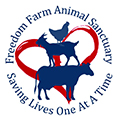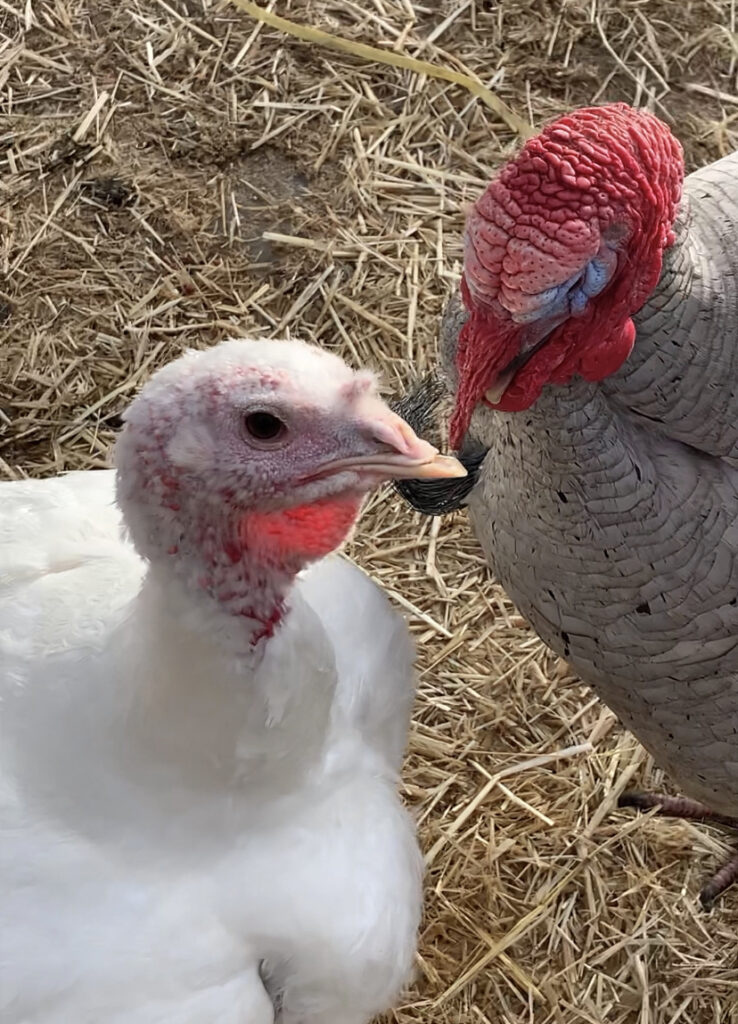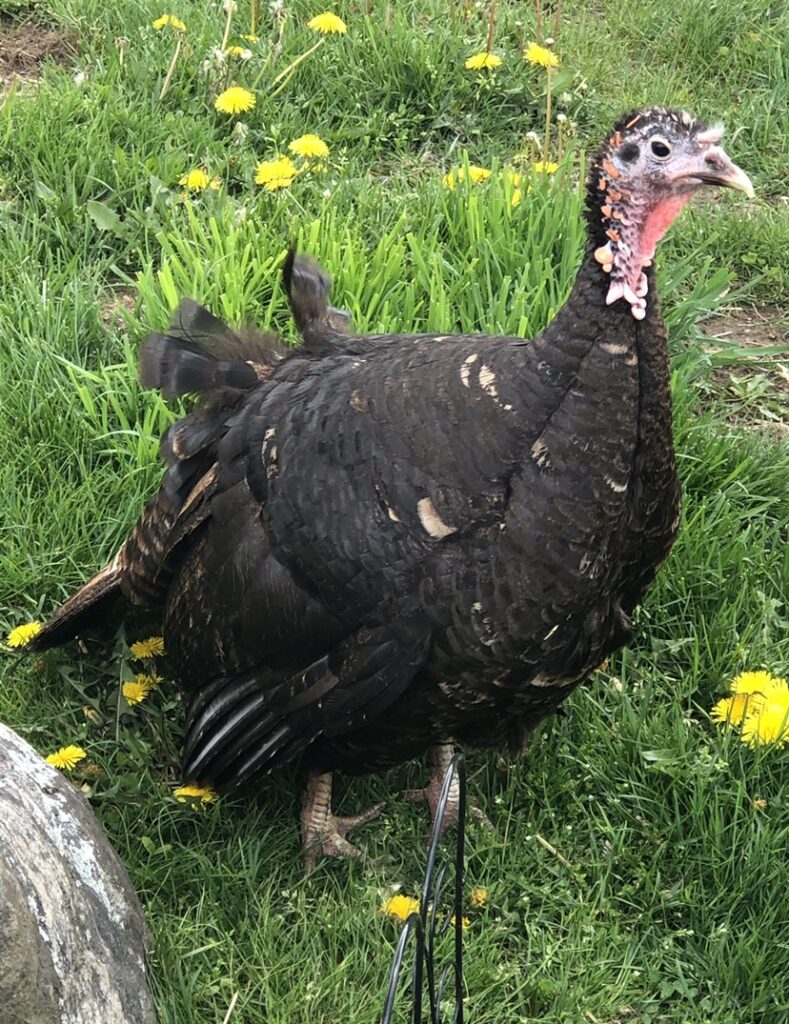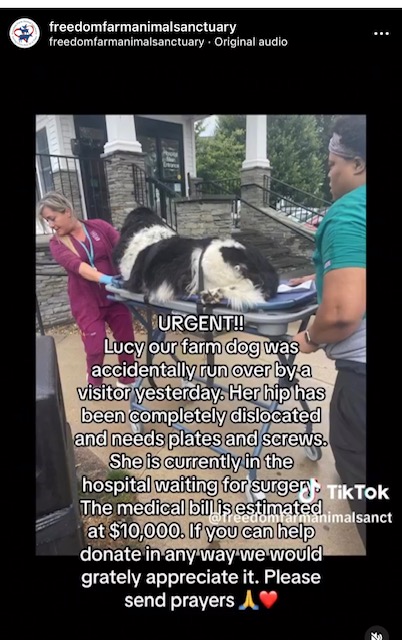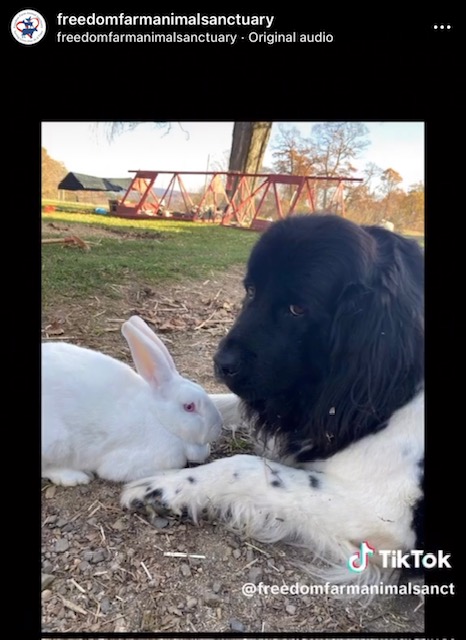Maximizing Compassion and Impact: The Advantages of Donor Advised Funds for Farm Animal Sanctuaries
In the world of philanthropy, the desire to make a meaningful difference is often met with the challenge of navigating complex financial landscapes. Farm animal sanctuaries, like Freedom Farm Animal Sanctuary, stand as beacons of compassion, providing refuge and care to animals rescued from abuse and neglect. However, sustaining these sanctuaries and expanding their reach requires robust financial support.
One effective tool that has emerged to support such endeavors is the Donor Advised Fund (DAF). Donor Advised Funds offer a unique avenue for individuals and organizations to contribute to causes they are passionate about while enjoying numerous benefits. Here, we explore how DAFs can specifically empower farm animal sanctuaries like Freedom Farm Animal Sanctuary:
1. Streamlined Giving Process:
DAFs streamline the process of charitable giving. Donors can make contributions of cash, stocks, or other assets to their DAF, receiving an immediate tax deduction for their charitable contribution. This simplicity encourages more frequent and efficient giving, allowing supporters to focus on the impact of their donations rather than administrative burdens.
2. Strategic Philanthropy:
By utilizing a DAF, donors can strategically plan their charitable contributions. This approach enables supporters of farm animal sanctuaries to allocate funds according to the sanctuary’s most pressing needs or specific projects. Whether it’s funding veterinary care, expanding facilities, or launching educational programs, DAFs provide flexibility in directing resources where they are most needed.
3. Tax Advantages:
Contributing to a DAF offers significant tax benefits. Donors receive an immediate tax deduction when they contribute to the fund, even if the disbursement to the charity occurs at a later date. Additionally, by donating appreciated assets such as stocks or real estate directly to a DAF, donors can avoid capital gains taxes, maximizing the value of their contribution.
4. Long-Term Impact:
Farm animal sanctuaries often require sustained support to thrive and expand their operations. DAFs facilitate long-term giving by allowing donors to contribute to the fund over time and make grants to the sanctuary on a regular basis. This consistent support helps sanctuaries plan for the future, ensuring the welfare of the animals in their care for years to come.
5. Anonymity and Privacy:
For donors who value privacy, DAFs offer the option to remain anonymous. While donors receive a tax deduction for their contributions, the disbursement to the charity can be made without revealing the donor’s identity. This anonymity can be particularly appealing to individuals who wish to support farm animal sanctuaries discreetly.
6. Community Engagement:
Many DAF providers offer online portals or other tools that allow donors to engage with their giving history, track investments, and discover new charitable opportunities. This level of transparency and accessibility fosters a sense of community among donors, encouraging collaboration and shared philanthropic goals.
Conclusion:
As farm animal sanctuaries like Freedom Farm Animal Sanctuary continue their vital work of rescuing and caring for animals in need, the support of generous donors is paramount. Donor Advised Funds offer a powerful mechanism for individuals and organizations to contribute to these causes effectively and efficiently. By leveraging the benefits of DAFs, supporters can maximize their impact, ensuring that farm animal sanctuaries have the resources they need to thrive and make a lasting difference in the lives of animals. Whether it’s providing medical care, expanding facilities, or advocating for animal welfare, DAFs empower donors to champion compassion and create a brighter future for farm animals everywhere.
